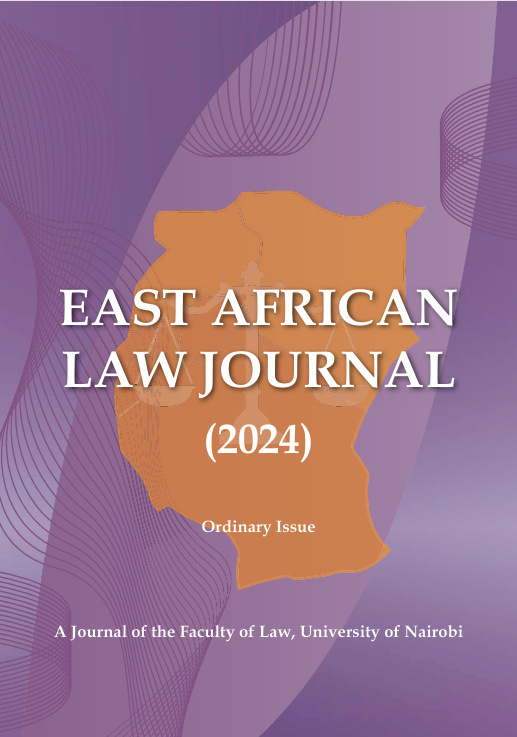PREVENTING AN INFODEMIC DURING A PANDEMIC: COVID-19 AND MEDIA PERFORMANCE IN KENYA
Abstract
In the year 2020, the deadly coronavirus (COVID-19) disease ravaged the entire world and brought countries and their entire operations to a standstill for almost the entire year. With no known cure, the only arsenal that countries had to address this virus was through travel restrictions, social distancing and wearing masks. Against this background media became an important tool in the fight against the pandemic, becoming a critical source of information to citizens and medium of communication by Governments. Kenya recognizes the importance of media in governance. Consequently, Article 33 of the Constitution guarantees to the media freedom and independence to enable them collect and disseminate information without any control or hinderance. This right is particularly important during a pandemic such as COVID-19, where Governments can be tempted to limit such access. However, in enjoying this right, the media is expected to ensure that they play a positive role in the process of addressing the pandemic and not to exacerbate it. The Kenyan media played a catalytic role throughout the year 2020 as the country grappled with the COVID-19 pandemic and its impacts on lives and livelihoods, on security and economy and on politics. Against the above background, the paper seeks to assess how the pandemic affected the realization of media freedom in Kenya and secondly the performance of the media in reporting about the pandemic. Did it exercise its rights and freedoms responsibly? What lessons does the country learn from media’s coverage? How facilitative was the regulatory framework? The paper argues that media’s role in providing information is essential for addressing disasters as such it requires to be regulated in a such manner that enables it deliver on its fundamental mandate without undue restrictions.






